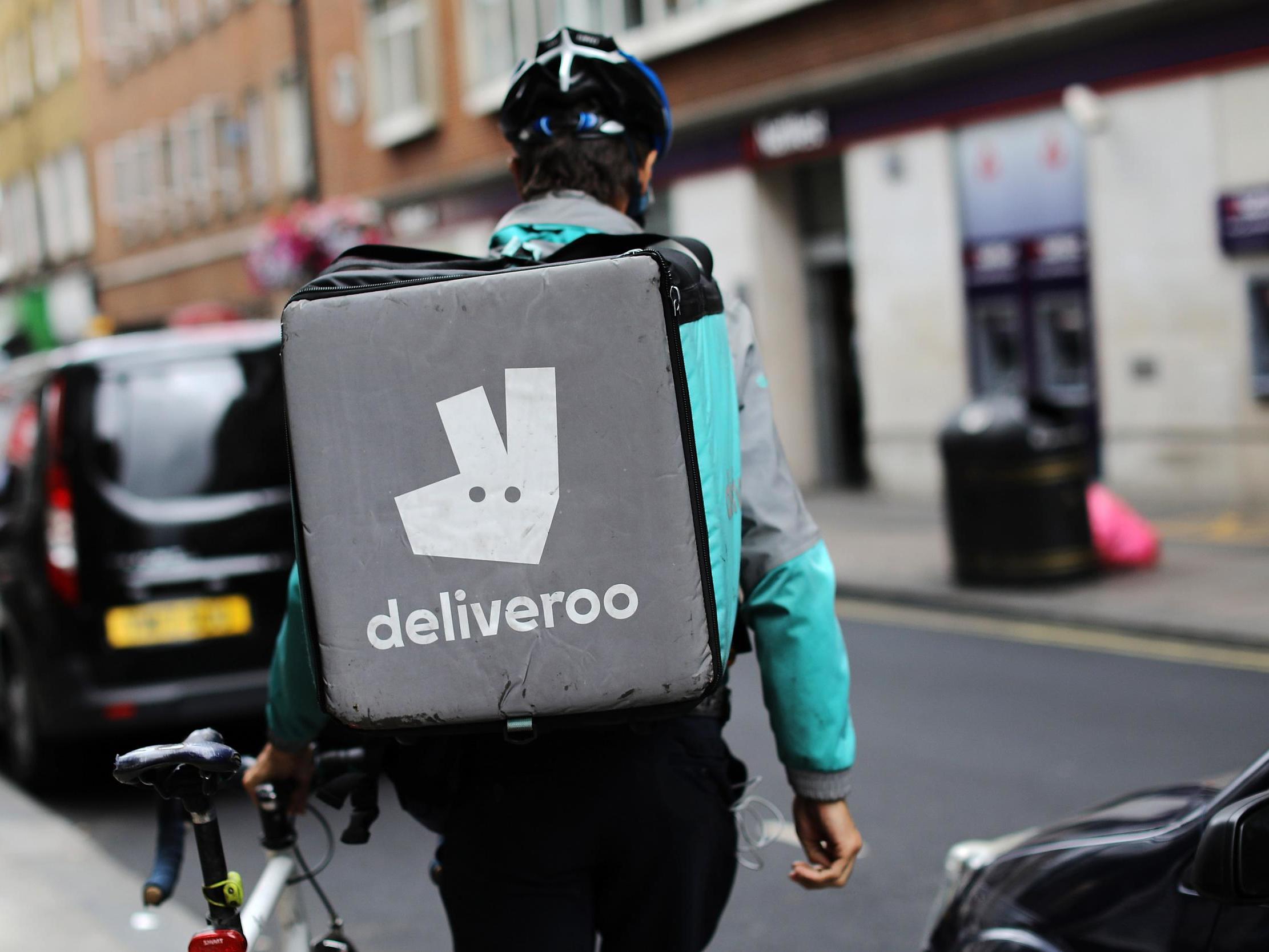As the coronavirus crisis unfolds, is it right to call for a universal basic income?
Extraordinary measures will be needed, writes John Rentoul, but not necessarily this one


A basic income is a bad idea in search of a reason to be implemented. So no wonder that the coronavirus pandemic has revived this zombie policy. The economic damage wrought by the disease is so great that huge and innovative responses are required, and a basic income, which is an attractive option in normal times, seems an obvious answer.
A regular income paid by the state to every citizen regardless of their circumstances sounds like just what is needed at a time of catastrophic loss of jobs and earnings from casual work.
Andrew Yang, a US Democratic presidential hopeful who dropped out of the race five weeks ago, for whom a basic income was the signature policy, has said: “I told you so.” Rebecca Long-Bailey, a Labour prime-ministerial hopeful, has called for a temporary basic income. As has Layla Moran, a Lib Dem leadership hopeful. Ian Blackford, of the Scottish National Party, called for it at Prime Minister’s Questions this week. Yesterday, they were joined by 170 other MPs and peers.
More significant, however, are those who have not joined the chorus calling for a policy that is “neat, plausible and wrong”: the chancellor, Rishi Sunak, obviously, but also his shadow counterpart, John McDonnell, despite having sounded warm about it in the past. Jeremy Corbyn hasn’t called for it, nor has his likely successor, Keir Starmer, who has urged a “national income guarantee” instead.
Just as important is that Anthony Painter, of the Royal Society of Arts, who supports a basic income, says it is not the right policy now, although elements of it could be adopted using the income tax system.
He is supported by Torsten Bell, chief executive of the Resolution Foundation, and The Independent’s own Ben Chu, who are more sympathetic to a basic income than I am, but argue that it would be better to get money to people using the existing machinery of statutory sick pay, universal credit and income tax than to set up an entirely new system.
There is close to unanimous agreement that countries all over the world need to preserve jobs and pump money into their economies – and that direct cash payments to individuals are a part of this. But that is quite different from saying that unconditional payments to everybody are the best policy, even temporarily.
As ever with a basic-income scheme, it would be hugely expensive, giving vast amounts of money to those who don’t need it. Of course, the coronavirus response needs to be on a huge scale, but that ought to strengthen the argument for focusing the money where it will do most good.
The coronavirus crisis does not alter the fundamental problem with a basic income, which is that it fails to take individual circumstances into account – special needs, temporary problems or pre-existing wealth. It therefore must provide too little money for people to live on, or cost too much to be affordable.
Now is the time for generous sick pay, big payments to employers to keep people in jobs, and income replacement for those who lose their earnings as a result of the downturn.
This crisis should not be an excuse to promote an unworkable scheme that policy wonks claim, Blue Peter-style, to have prepared earlier – even less so given that no true basic-income scheme has been introduced anywhere in the world, ever.
Subscribe to Independent Premium to bookmark this article
Want to bookmark your favourite articles and stories to read or reference later? Start your Independent Premium subscription today.
Join our commenting forum
Join thought-provoking conversations, follow other Independent readers and see their replies
Comments